Education at Cabin Pre-School
Education at Cabin Pre-School
At The Cabin Pre-School, we firmly believe in learning through play. We offer a play-based day with hidden learning! Children learn and develop well when they are in happy, safe environments. Each child has a keyworker who works in partnership with parents and carers to plan a curriculum based on individual needs and interests. This ensures each child’s early years experience is a happy, active, exciting and a secure place to learn. We respect that every child is unique and that they are constantly learning. By the time they leave our setting, we strive to ensure that they are resilient, capable, confident, and self-assured.
We use the Early Years Foundation Stage (EYFS) as the structure to all aspects of our pre-school.
Our staff support your child''s development with a balance of child initiated and adult lead play-based activities. We plan activities each week, around a letter sound, a shape, a book, topical or seasonal theme and British Values. This information is communicated at the start of each term in our newsletter.
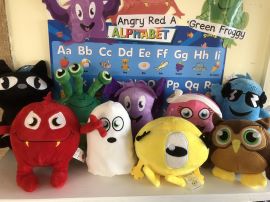
At Cabin we teach EYFS foundation stage Monster Phonics programme. Where the monster characters bring phonics to life.
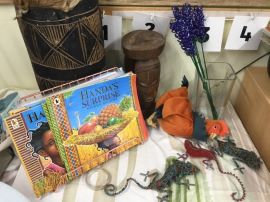
Makaton is a language program that uses speech, signs, and symbols.
At Cabin Pre-school we use it for basic communication, help understanding, develop language skills, and develop pre-reading and pre-writing skills towards literacy.
For example, we will sit alongside an adult reading and use hand signs to support what has been read.
A child with Autism will find symbols easier to understand than a voice command that immediately disappears, holding a card with a toilet picture will have more meaning and last longer, giving them time to process what is being asked.
Using facial expressions alongside speech with give more meaning to a command.
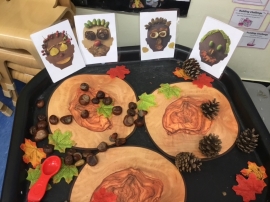
At Cabin once your child has settled in, your child’s keyperson will write a summary of how your child is progressing against the 3 prime areas of learning:
Communication and language;
Physical development; and
Personal, social and emotional development.
This is called the "progress report at age 2". This report will highlight areas where your child is progressing well and where they might need some extra help or support.
You might find it useful to share the information from the report with other professionals such as health visitors (who can use it as part of the health and development review).
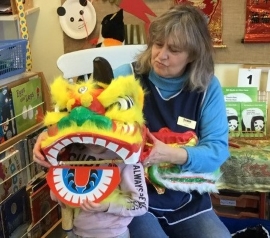
In the summer term before your child starts primary school, a transition statement is prepared by their keyworker.
It will highlight their achievements, characteristics and maybe any support required.
This will provide their new teacher with useful information and can help your child’s transition to school go smoothly.
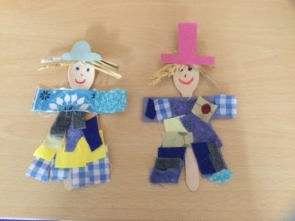
At Cabin Pre-School additional support is given to any children we identify as in need.
Needs can be physical, emotional, or developmental, and is given for as long as the child needs the support.
Staff are given additional training to assist children with specific additional needs.
For example, Makaton training to help with communication.
